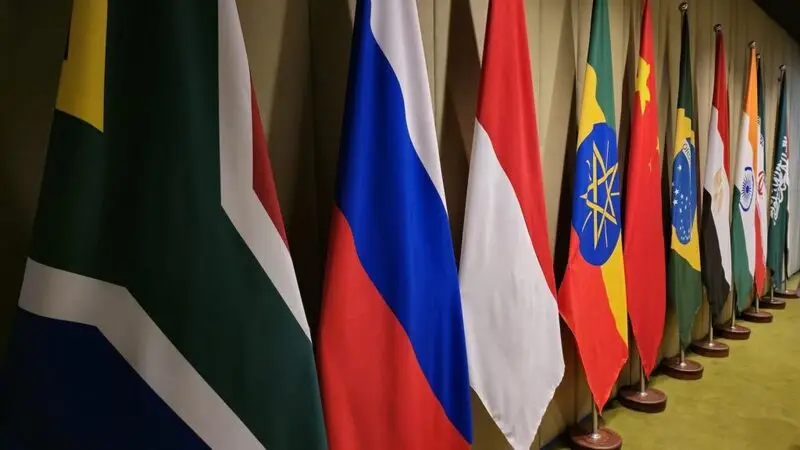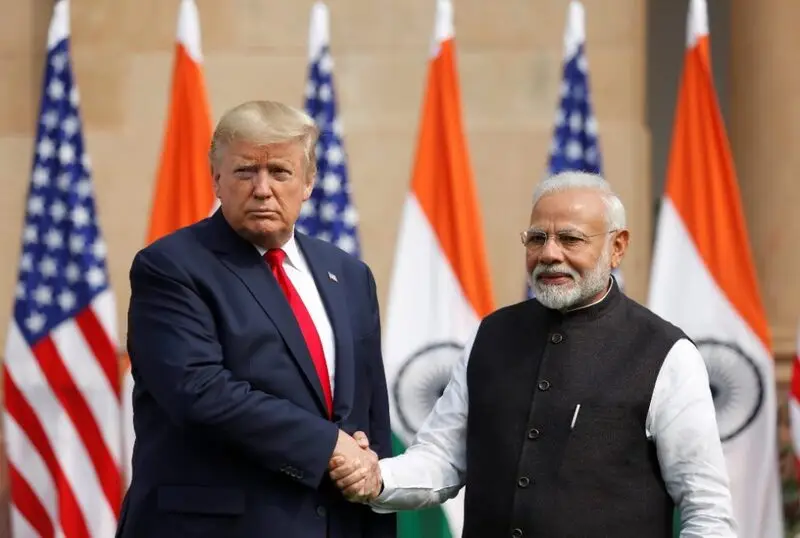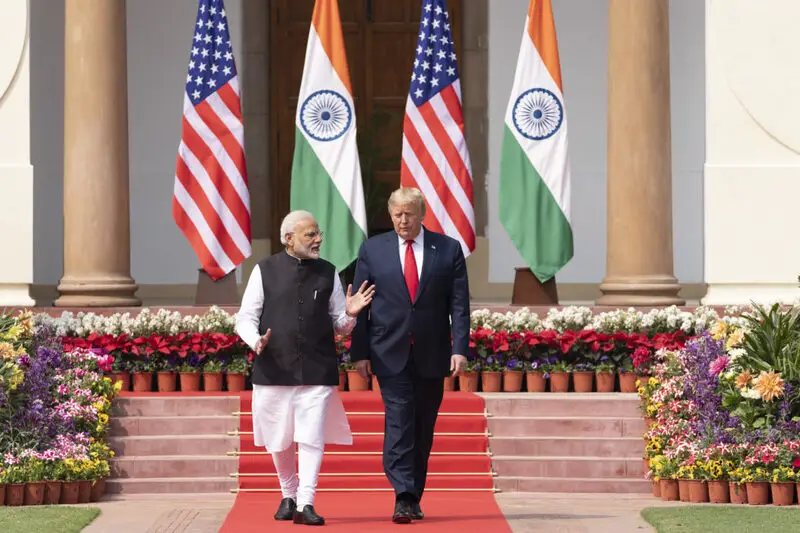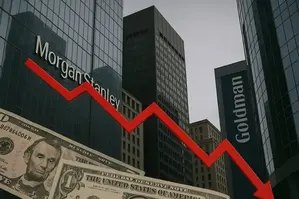It has been a rather complicated few months for the leading collective of the Global South. Amid ongoing tensions for the BRICS bloc and its members, one key reason is emerging that could lead India to eventually leave the economic alliance entirely.
The country has seen no shortage of reasons to potentially see increased tensions with the group. Its conflict with China has been well documented, although it has been resolved to this point. However, in its place is a new issue that is beginning to fracture its relationship with the group.

Also Read: BRICS: 5 Countries Pay 93% of Trade in National Currencies
BRICS Facing Issue that Could Eventually See India Quit the Collective
The start of the year saw US President Donald Trump once again return to the White House. That has brought with it increased geopolitical tensions, as his protectionist economic policy has threatened several global relationships. Moreover, it is worse for the BRICS bloc, as he entered the Oval Office and threatened 150% tariffs on the economic alliance.
The reason for his confrontational relationship with the bloc remains its de-dollarization efforts. For the last several years, the bloc has sought to lessen its reliance on the greenback in a major way. Even considering the creation of its own trade currency, the plan flies in the face of Trump’s efforts to ensure its status. In that pursuit, the BRICS bloc may have found the one way that India could eventually leave the alliance.

Also Read: BRICS 2025 Summit Could Be Game-Changer for the US Dollar
According to a recent report, India has stated they have “absolutely no interest” in partaking in alliance-held de-dollarization plans. Specifically, they are refusing to embrace the de-dollarization efforts that have been a staple of the group. Moreover, the decision flies in the face of the stance that Russia, China, Brazil, and other members have held.
A key reason for the stance is India’s belief in US trade. Since Trump’s return, the nation has sought to remain on his good side for what that means to its economic standing. If that continues to be a primary focus, it could soon come at the behest of its global relationships. Specifically, it could wear on its already divulging place in the BRICS bloc.






